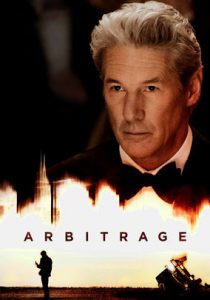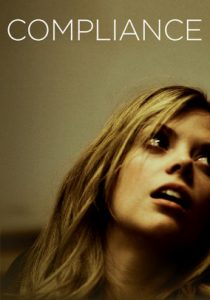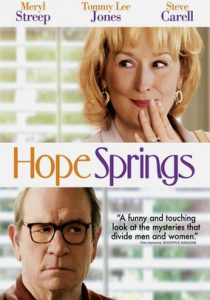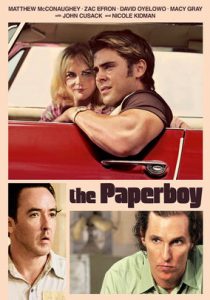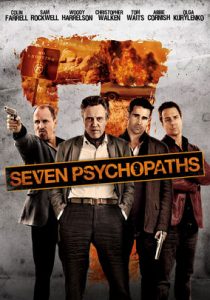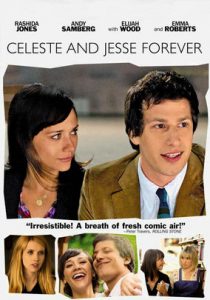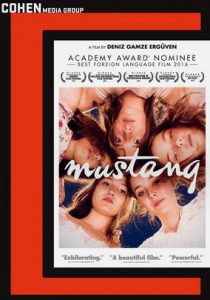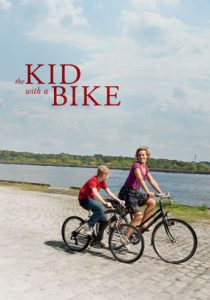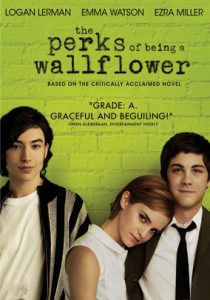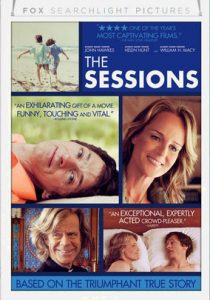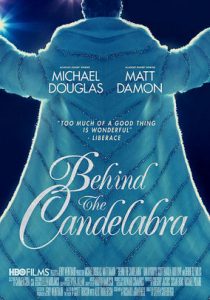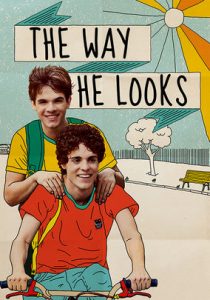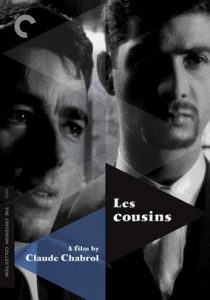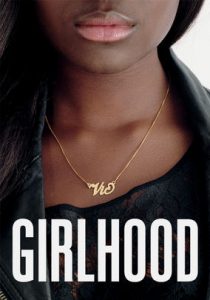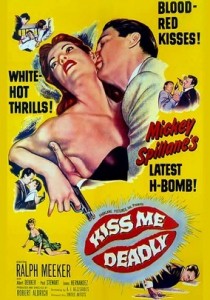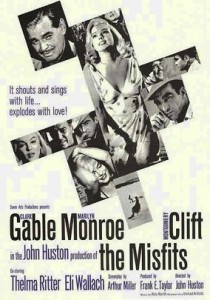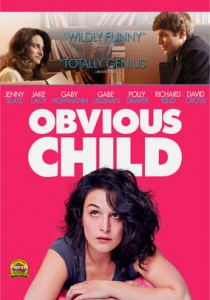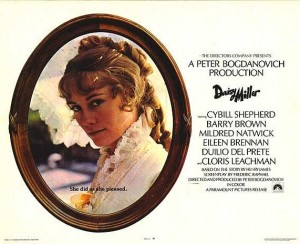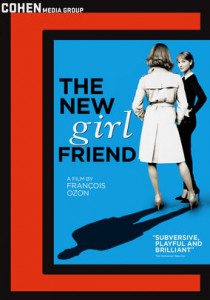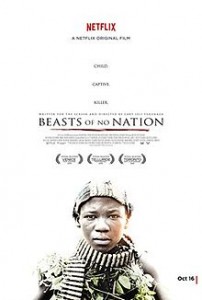Bridge of Spies-2015
Director Steven Spielberg
Starring Tom Hanks, Mark Rylance
Scott’s Review #399
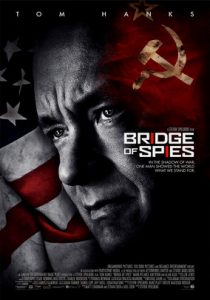
Reviewed April 28, 2016
Grade: B+
Tom Hanks teams with Stephen Spielberg once again in another A-list Hollywood film.
Like Saving Private Ryan (1998), Bridge of Spies (2015) is in the historical vein. This time, the Cold War is featured; the film begins in 1957.
The camera work, the artwork, and the set decorations are second to none as the film looks and feels authentic.
As interesting as the overall result is—it felt like I was watching a well-made film—there was also something missing, which did not make it truly riveting, and that is why it received a B+ rating.
With Spielberg and Hanks on board, one will get a quality film.
Hanks portrays James B. Donovan, a Brooklyn attorney specializing in insurance law, but a wiz at negotiation and experienced with the Nuremberg trials.
He is assigned to defend suspected spy Rudolf Abel (Mark Rylance) in what is assumed to be an open-and-shut case, his guilt is considered a given.
Abel has been arrested by the FBI and is thought to be a Russian spy. They are willing to release him on the condition that he reveal Soviet contacts, but he refuses.
Meanwhile, an American pilot, Frances Powers, is captured in Soviet territory and taken hostage. To make matters more complicated, an American graduate student, Pryor, is trapped behind the Berlin Wall in East Germany and not allowed by the Germans to leave.
The pressure is on Donovan to defend Abel in the United States but to make a deal to return the three men to their respective countries.
Hanks, a great actor, is his typical stoic, capable self, and his portrayal reminds me of his role in Captain Phillips (2013), calm, well-mannered- a clear yet quiet leader.
The role is not flashy compared to other legendary Hanks roles (Forrest Gump-1994, Philadelphia-1993). The film centers around Hanks and caters to his acting style. His character is always at the forefront.
Hanks never gives a bad performance and I admire him in almost anything.
Let’s discuss the role and the portrayal by Mark Rylance in his Oscar-winning role.
Giving a very subdued, nuanced performance, he is good and low-key in what could have been an energetic, over-the-top performance if written that way, but I am not sure I would have handed him the golden statuette over a few of the other nominees in the 2015 Supporting Actor category.
This isn’t a criticism, but I am unsure if he warrants an Academy Award.
Bridge of Spies is very detail-oriented and every set piece- from late 1950s cars, clothing, hairstyles, and home furnishings is spot on.
The film was expensive to produce and no expense seems to have been spared.
The film travels from Brooklyn to the Soviet Union, to Germany, and gives off a patriotic, Americana flare, which is true to life in the given time. There was such a sense of country and community.
Nothing makes this more apparent than the distasteful glares coldness and hatred displayed by many characters towards Donovan.
To counteract this, when Donovan is ultimately more the hero, he is revered and celebrated.
As great as the film looks, there is something slightly disconnecting about it. I was left wanting more from a story perspective and feeling slightly disengaged throughout parts of it. I was never riveted or blown away despite realizing I was watching a well-made film.
This can happen if the story is less compelling than the way the film looks as with Bridge of Spies.
After I finished watching I felt that I did not need to see the film again, in contrast to truly great films where one can watch over again.
A slight mention is that Bridge of Spies is a “guy’s film”. Amy Ryan, a great actress, does all she can with the only real female role in the film in that of Donovan’s dutiful, supportive wife, a role written one-dimensionally hundreds of times.
It is a shame her character is not fleshed out. The typical worried scenes or fretting for her husband to return home to his family are purely reactionary and do not further the plot.
In this sense, the film deserves criticism for being too traditional.
Bridge of Spies is a good effort but not a tremendous film. It is the type of film I liked but did not love.
Perhaps, the names Spielberg and Hanks on the marquee had me expecting more.
Oscar Nominations: 1 win-Best Picture, Best Supporting Actor-Mark Rylance (won), Best Original Screenplay, Best Original Score, Best Sound Mixing, Best Production Design
